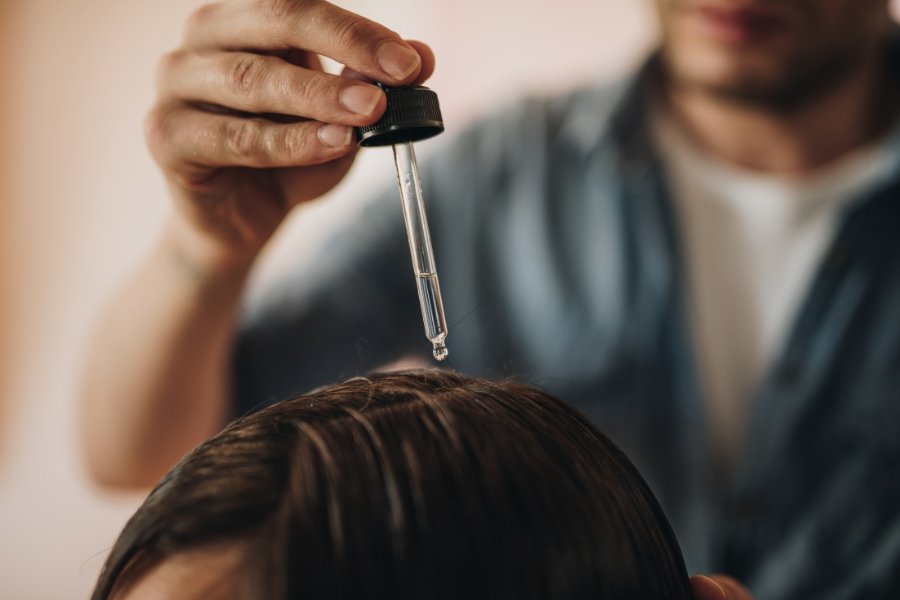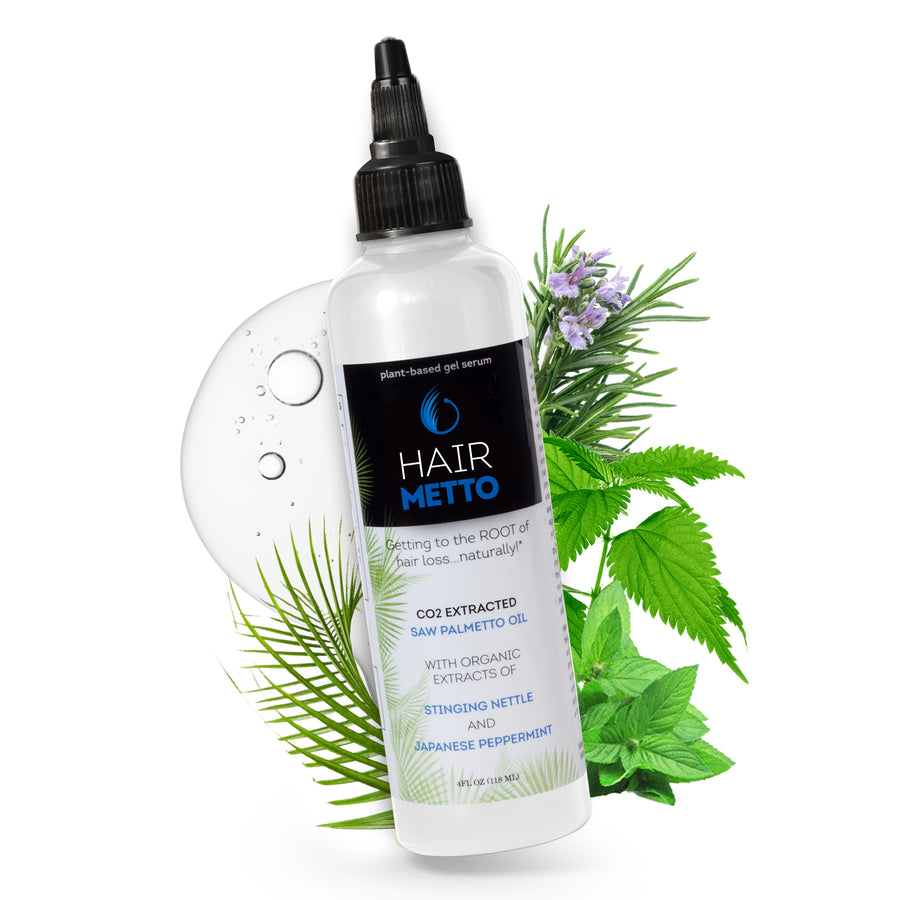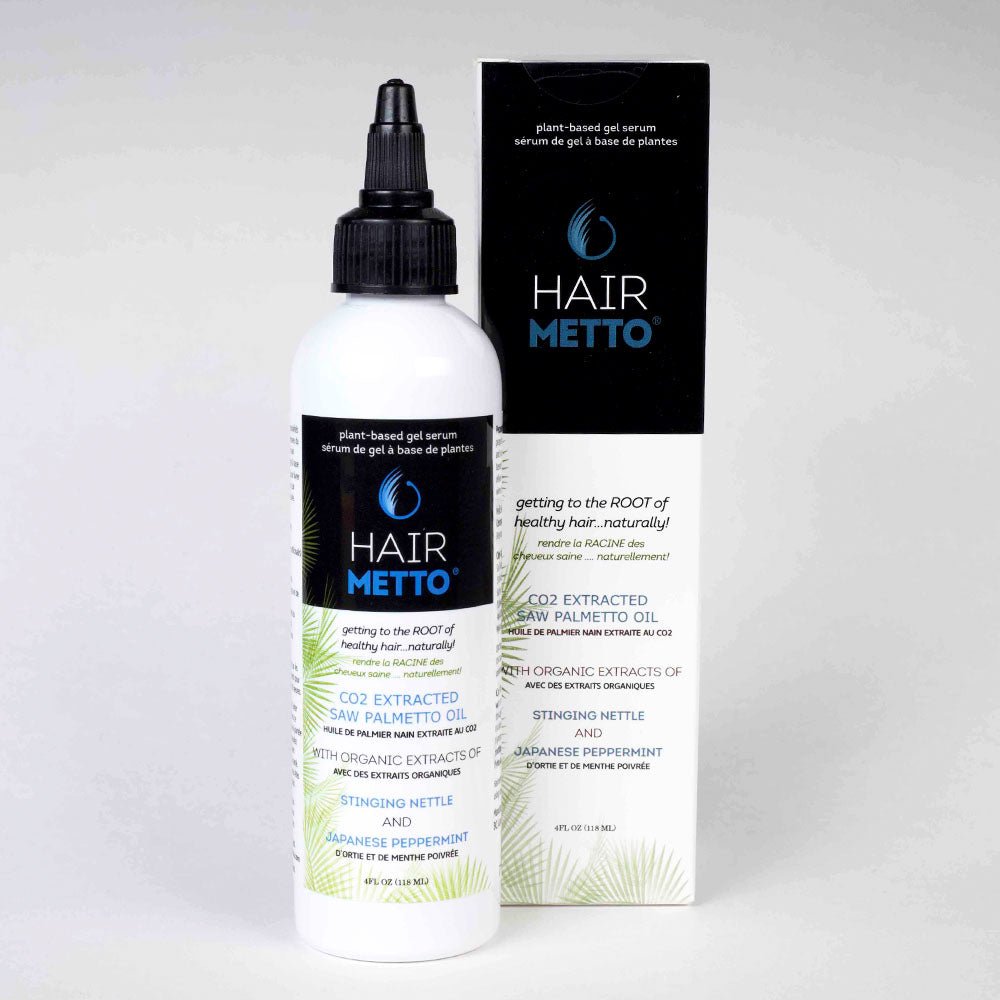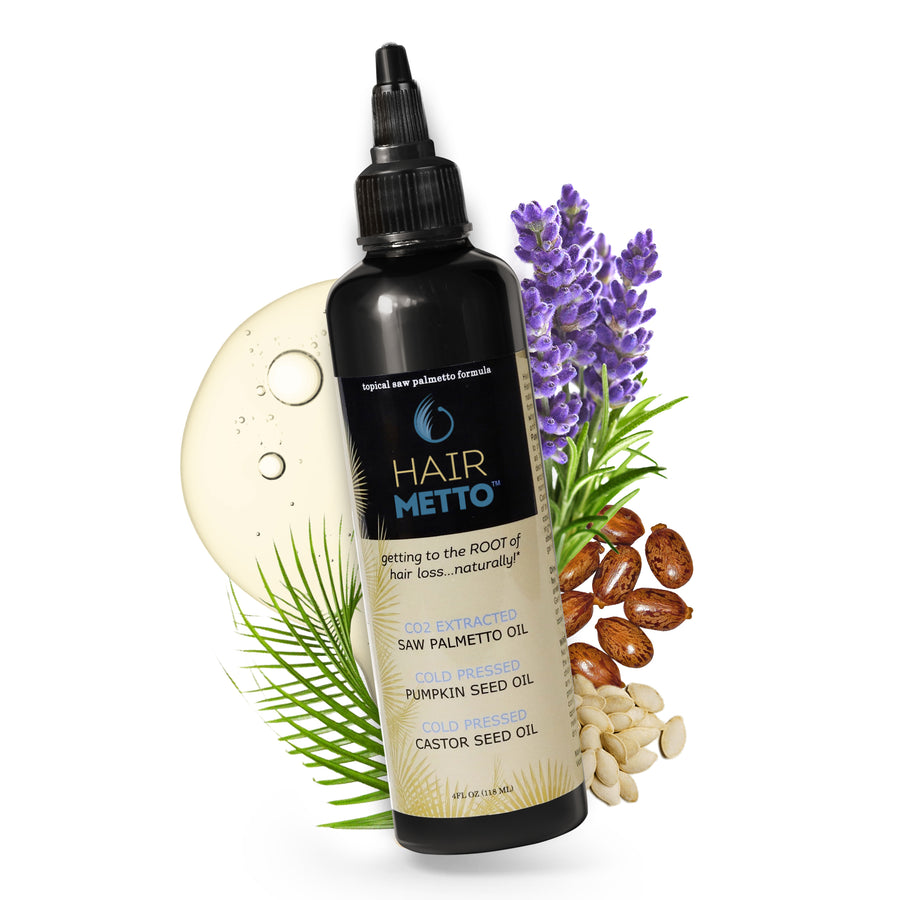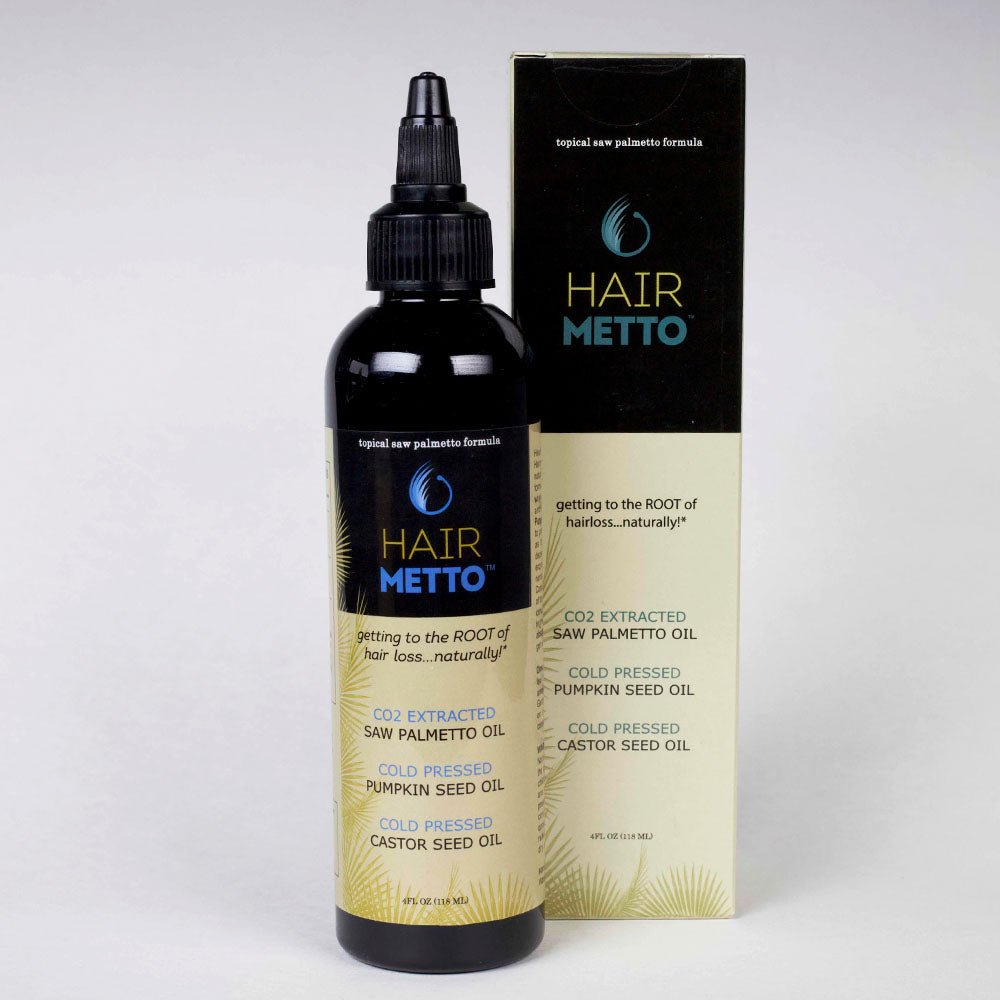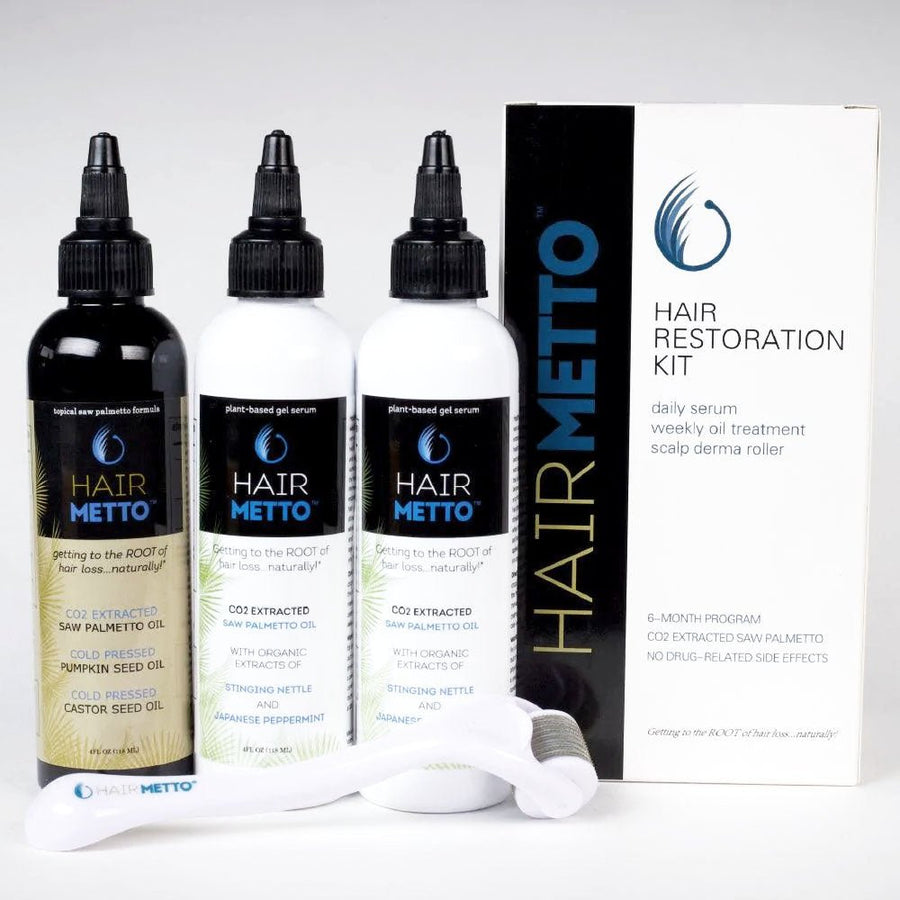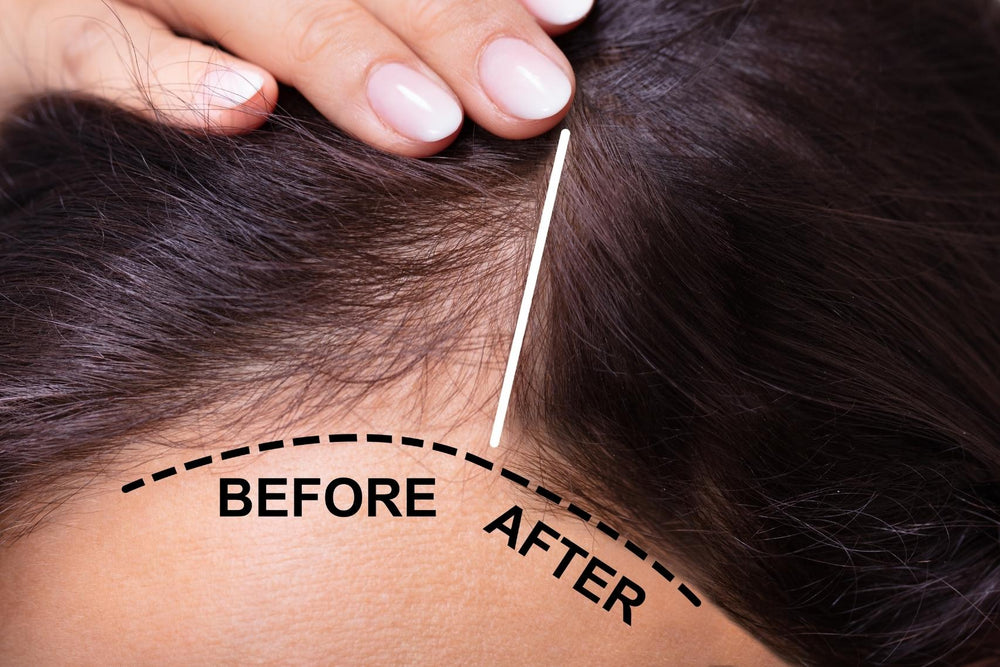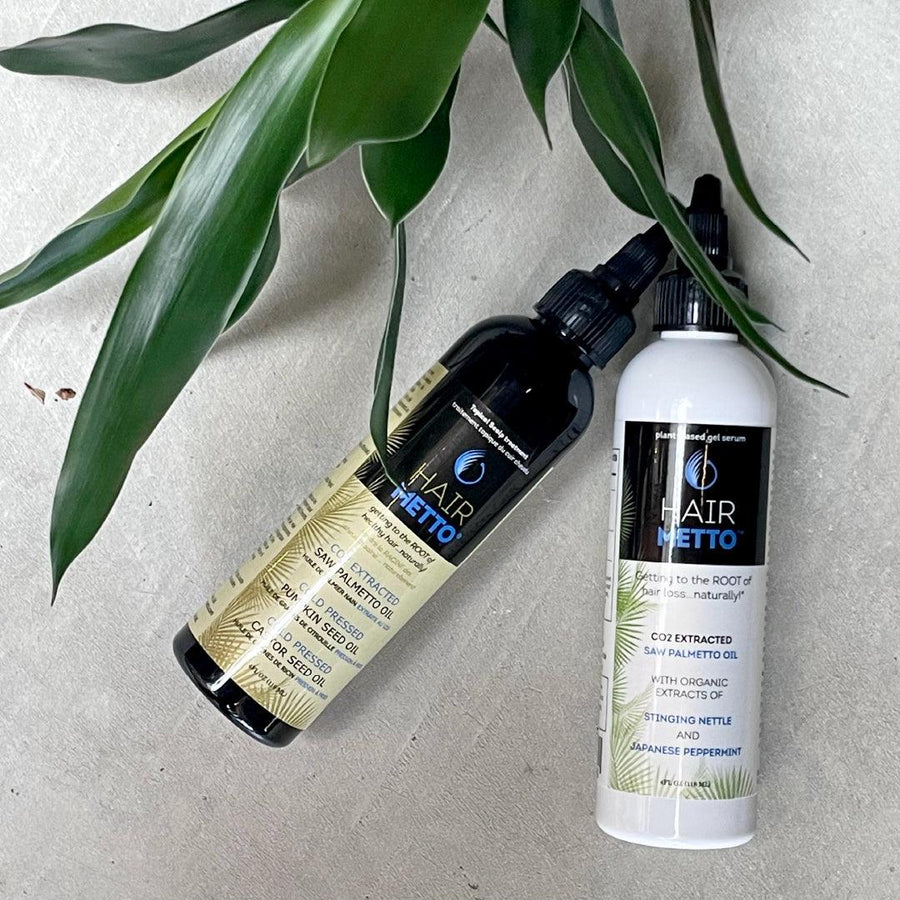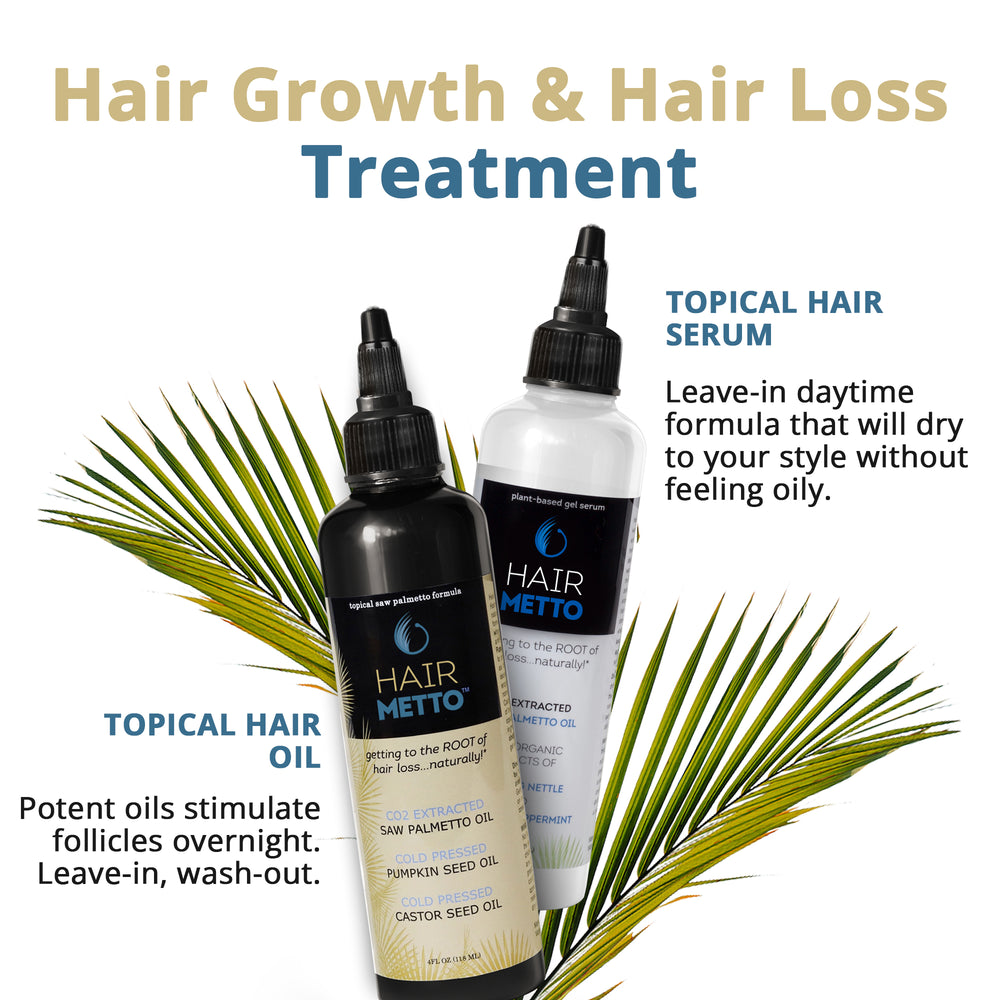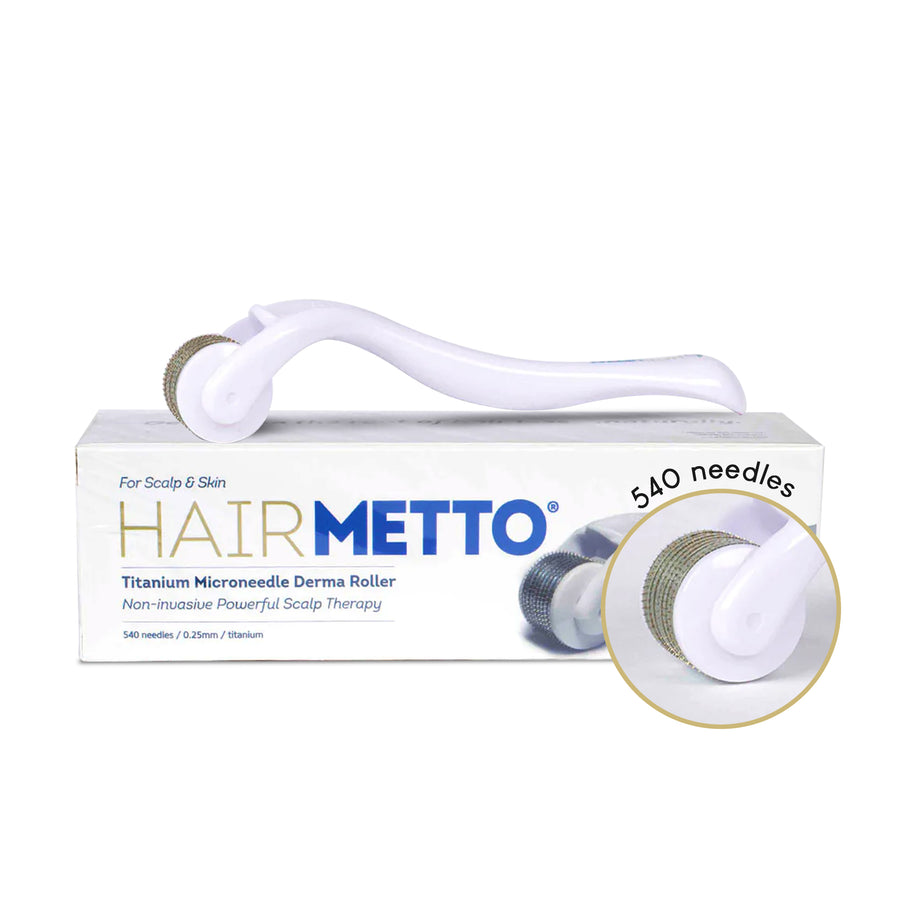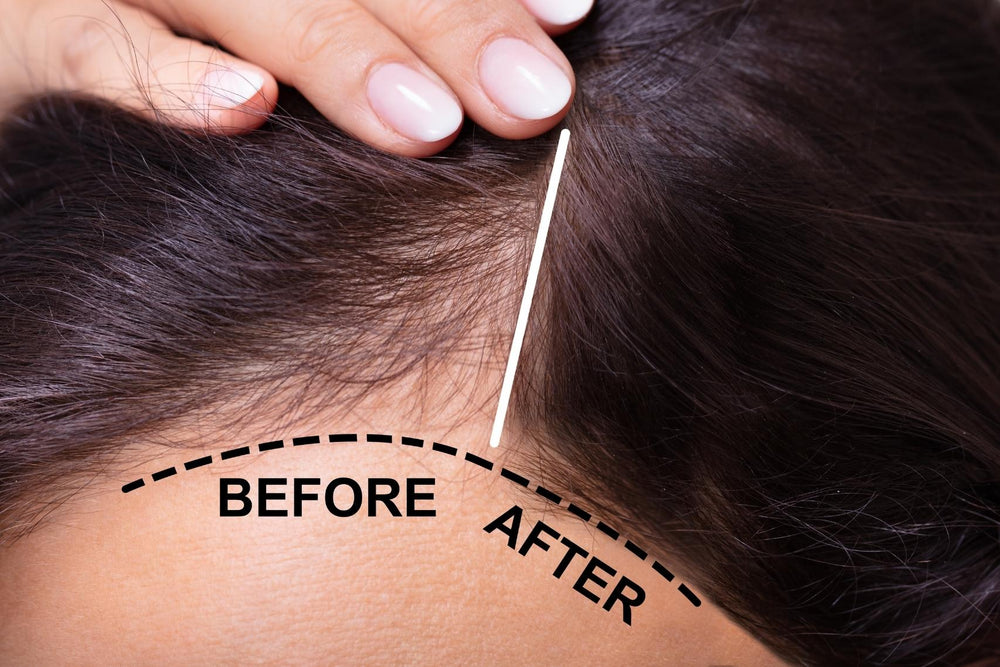10 Surprising Reasons Your Hair Is Falling Out
Thick, lustrous hair is often depicted as a symbol of beauty, femininity, sensuality, and youth. That said, to see clumps of your hair falling out can be incredibly distressing.
However, before you freak out, know that a bit of daily hair loss is not a cause for concern. It's natural to lose 50 to 100 (and sometimes even up to 150) strands of hair each day. Hair loss and excessive shedding, on the other hand, can be caused by a variety of factors ranging from drugs and hormones to vitamin deficiencies and stress.
The good news is that if you can identify the cause, you may be able to reverse or at least slow down the process. Continue reading to discover what's causing your hair loss so you can reclaim your thick, full locks.
Sun Exposure
Although sunlight provides the vitamin D that your hair needs, excessive sun exposure can damage hair cuticles, pigments, and proteins, resulting in dryness, brittleness, and hair breakage. Furthermore, UV radiation adds to the production of free radicals, which can cause severe oxidative stress on your hair.
Wear a wide-brimmed hat, use a hair mask, or spritz some hair mist to protect your hair from the sun.
Over-Styling
Sometimes, it may be your hair care routine that's causing your hair to break or fall out. Using too much shampoo, brushing or combing your hair while it is wet, or brushing too hard or too frequently can all strain and damage your strands.
Using hairdryers, curling wands, and straighteners every day can dry out your locks, making them prone to breakage and hair fall. Harsh chemicals from bleaching, dyeing, and relaxing can also damage hair follicles and lead to hair loss.
Try air-drying your hair instead of using a hairdryer, and finger combing rather than using a regular brush or comb.
Tightly Pulled Hairstyles
Wearing tight, pulled-back hairstyles such as ponytails, buns, cornrows, and extensions may stress the hair follicles over time, leading to shedding and irreversible hair loss.
To prevent hair damage, loosen up your hairstyle or wear your hair down as much as possible.
Wearing Hats
Hats are fantastic for covering and protecting your hair and scalp from the sun and environmental stress, but they also rub the same area on your head repeatedly. This form of friction can pull the hair and cause follicular irritation and hair loss, especially if you wear hats every day.
Take a break from wearing hats or opt for loose-fitting hats to keep your hair happy and healthy.
Infrequent Shampooing
If you don't shampoo every day but notice large clumps of hair in your shower drain when you do, you may simply need to wash your hair more frequently. When you don't wash your hair often enough, oils and dirt build up on your scalp and clog your pores, causing hair damage and hindering growth.
Minimize using dry shampoo and wash your hair regularly to remove any buildup on your scalp. Also, stay away from products with harsh chemicals and preservatives that can cause scalp irritation and worsen hair loss.
Instead of using commercial hair products with synthetic ingredients, add any of the following natural ingredients to your shampoo to slow down hair loss and boost hair growth: aloe vera, argan oil, coconut oil, glycerin, green tea, honey, lemon juice, and rosemary oil.
Birth Control
Hair loss can be caused by any hormonal method of birth control, such as pills, injections, skin patches, and implants. If you have a family history of hormone-related hair loss, you may experience hair loss while taking the pill or shortly after stopping it.
The good news is that hair loss caused by birth control pills is often temporary. Hair loss should stop within a few months after you’ve started or stopped using the pill.
Poor Nutrition
Since the cells in your hair follicles divide and grow remarkably faster than any other cell in your body, your hair requires a lot of energy and nutrients to stay healthy. A deficiency in nutrients, particularly B vitamins, iron, protein, and zinc, can disrupt the hair cycle and cause follicles to hibernate prematurely, resulting in excessive hair fall.
It's important to maintain a healthy, well-balanced diet that includes all of the nutrients your hair needs. Dark, leafy greens, nuts, and whole grains are good sources of iron. You can also add more protein to your meals by eating more lean meat, eggs, fish, beans, and seeds.
Excessive Stress
Too much stress can cause your body's immune system to turn on itself and damage your hair follicles. Stress and anxiety impact hormone levels, particularly cortisol, resulting in hair loss—which exacerbates an already stressful situation.
The bright side is that your hair will grow back to normal once you manage your stress levels. Get enough sleep, exercise daily, and practice yoga or meditation to reduce stress.
Seasonal Changes
Similar to seasonal allergies, seasonal shedding occurs when a change in temperature puts stress on your scalp and hair follicles and causes strands to fall out. Your body goes through an adjustment period whenever the seasons change, which may throw off your hair growth cycle.
Hair tends to grow a little faster in the summer then sheds more in the fall than other times of the year. Because hair grows quicker in the summer, it's only normal to see greater shedding toward the end of the season.
COVID-19
Aside from coughing, fever, loss of taste, and fatigue, hair loss has also been identified as a common symptom of COVID-19. Temporary hair loss is normal after having a high fever, and patients may notice clumps of hair falling out when brushing their hair or while showering.
Even if you never developed a fever or caught the COVID-19 infection, you may still experience hair shedding. Increased stress and anxiety brought about by the pandemic can cause telogen effluvium, a form of temporary hair loss resulting from prolonged periods of stress.
While this side effect may be distressing, it is only temporary. Most cases of hair shedding are over in about three to six months, and hair growth will slowly shift back to normal.
Take Back Control of Your Hair
The key to treating hair loss is identifying what is causing it. Consult a dermatologist who is trained to diagnose hair-related conditions, get to the root of the problem, and effectively treat hair breakage and falling. To prevent hair loss and promote hair growth, avoid the causes outlined above, maintain a diet rich in antioxidants, vitamins, iron, and protein, and manage your stress.


